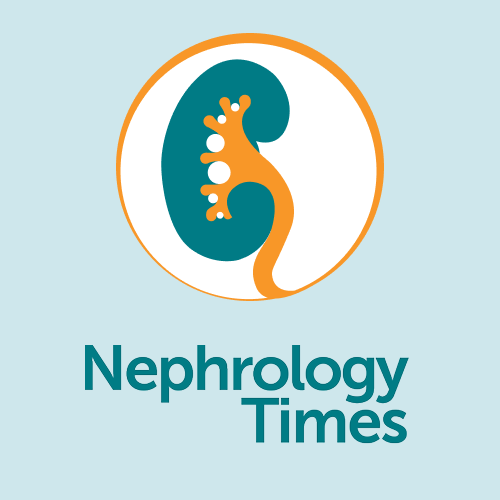
ERA Congress 2024
Anjay Rastogi, MD, PhD, spoke about findings from the ZORA study regarding the efficacy of SZC for hyperkalemia.
Nephrology Times spoke with Fadi Fakhouri, MD, PhD, about results from the NOBLE trial of pegcetacoplan for C3G and ICMPGN.
Iptacopan with supportive care resulted in a notable reduction in proteinuria in patients with C3 glomerulopathy.
Atrasentan showed a statistically significant proteinuria reduction in patients with IgA nephropathy (IgAN).
Semaglutide helped stem kidney function decline in patients with cardiovascular disease plus overweight or obesity.
Antinephrin autoantibodies can be a biomarker for the progression of kidney diseases associated with nephrotic syndrome.
FLOW trial results showed that semaglutide has significant benefits for kidney disease events, CV outcomes, and mortality.
A team developed a machine learning classifier for 12 classes of glomerulonephritis.
A study compared hospitalization and survival rates of patients receiving twice-weekly versus thrice-weekly hemodialysis.
Researchers developed a method to score predictors of relapse in patients with ANCA-associated vasculitis having CYC therapy.
A study found that renal progenitor cells may serve as an early biomarker for renal injury in Fabry disease.
Researchers reported on efficacy of a personalized treatment protocol for membranous nephropathy versus a rituximab protocol.
A research team examined the potential benefit of targeting claudin-1 (CLDN1) in crescentic glomerulonephritis (CrGN).
KDIGO classifications for the burden and impact of renal and CV adverse outcomes in type 1 diabetes are underutilized.
Researchers shared interim results from the ORIGIN study of atacicept in patients with IgA nephropathy.
Even with treatment, many patients do not fully recover kidney function after drug-induced acute interstitial nephritis.
Researchers examined the eligibility of patients with CKD for five cardiovascular RCTs and the reasons for ineligibility.
Advertisement
Advertisement







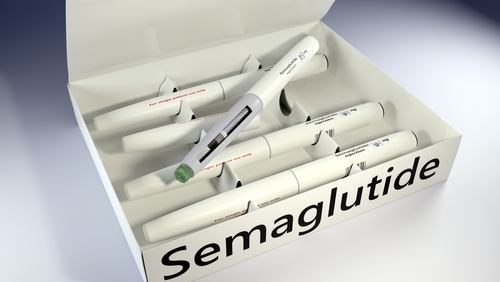
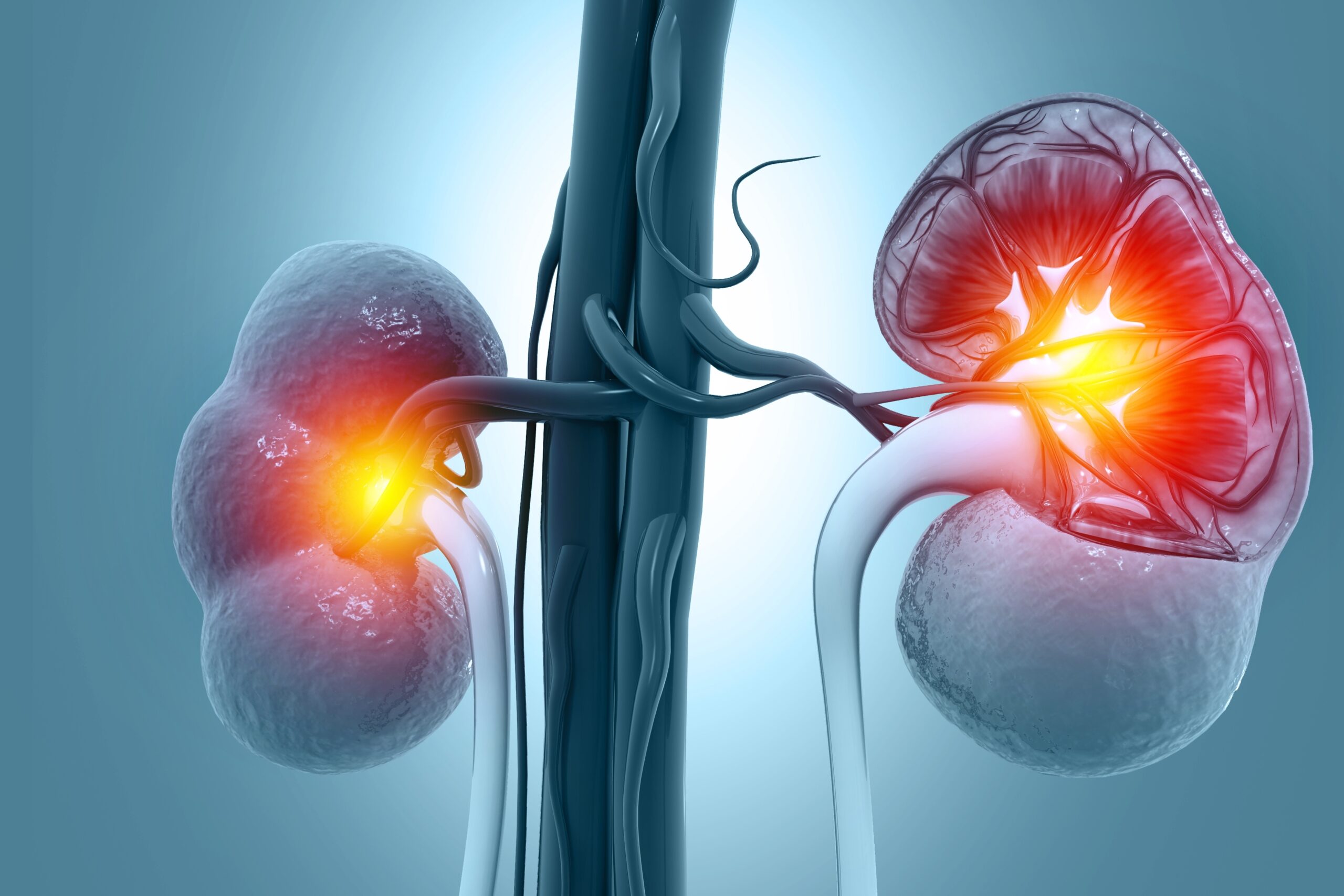
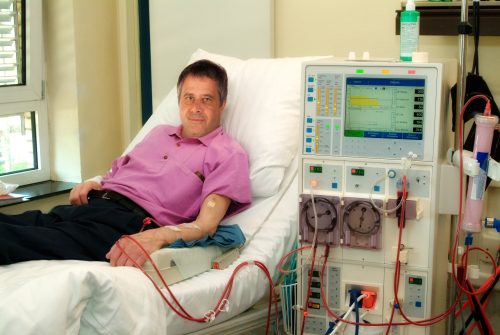


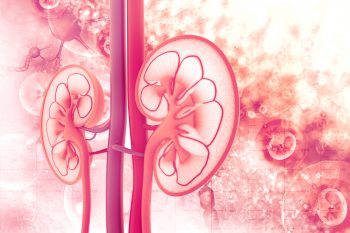
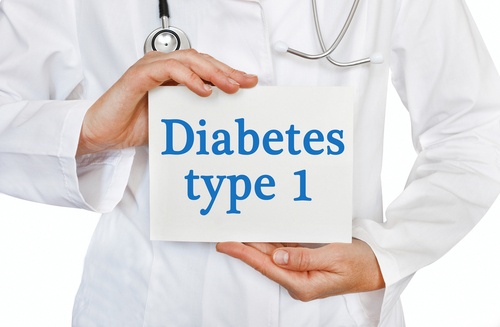


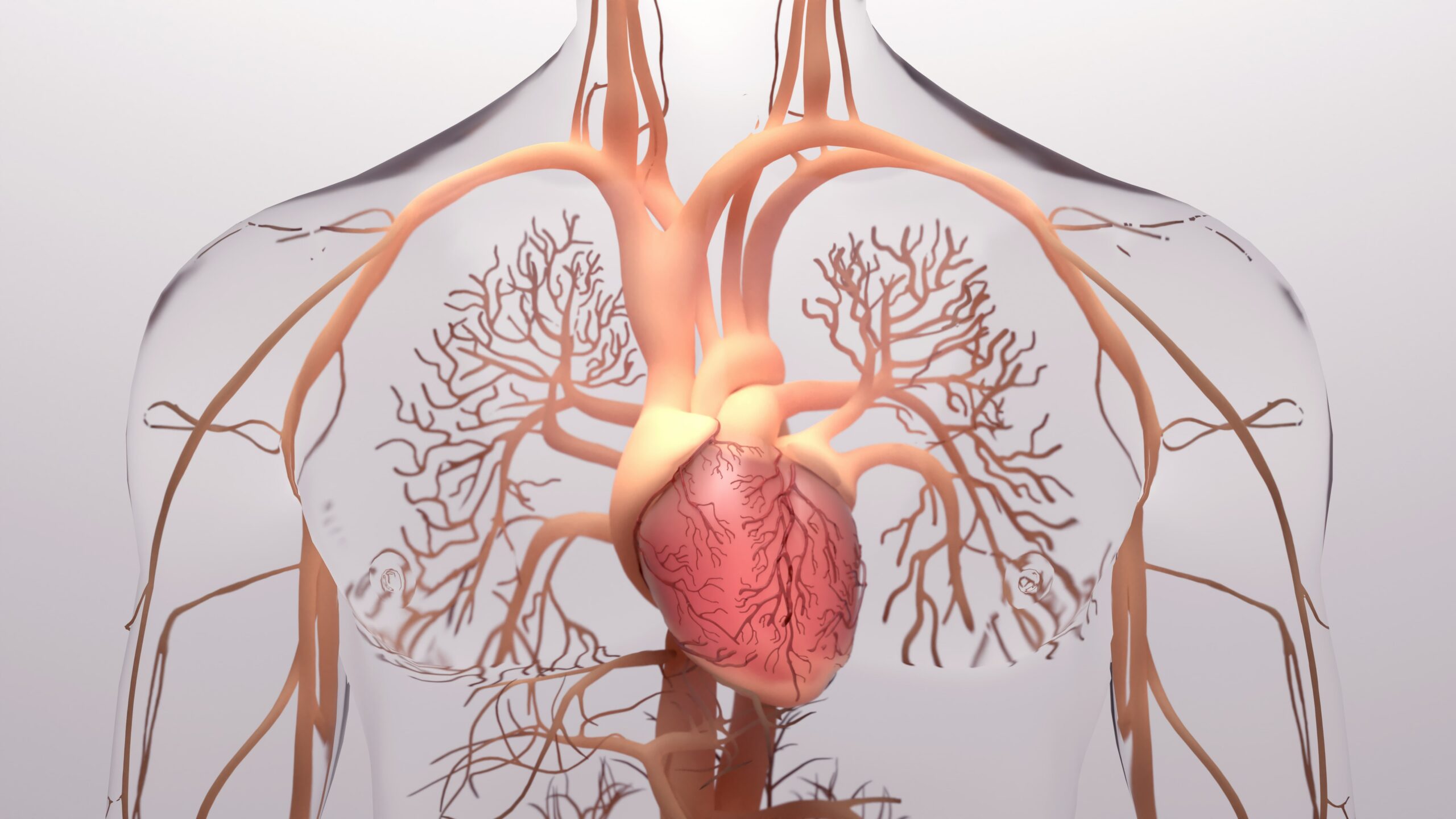

 © 2025 Mashup Media, LLC, a Formedics Property. All Rights Reserved.
© 2025 Mashup Media, LLC, a Formedics Property. All Rights Reserved.